The price of a cup of coffee in the United States is on the rise, as new tariffs put pressure on local cafés and bakeries. Some American businesses report that morning coffee queues are already shrinking, with customers tightening their spending as imported beans become more expensive.
Americans spend around $100 billion (£76 billion) on coffee annually — but that figure could soon decline.
Jorge Prudencio, owner of Bread Bite Bakery in Washington, DC, says his Colombia-based coffee supplier recently raised prices in response to the broad tariffs that came into force last week.
The vast majority of coffee consumed in the United States is imported. According to the US Department of Agriculture, the country is the world’s second-largest importer of coffee, with most supplies sourced from Brazil and Colombia.
Since 5 April, coffee imports have been subject to the 10% US tariff applied to most countries.
Speaking to the BBC, Prudencio revealed that his suppliers had warned him of further price hikes on his next order. He confirmed that the bakery would “definitely” increase prices for customers in order to remain financially viable.
When asked if he was concerned, Prudencio replied: “Of course.”
Kamal Mortada, manager of Au Lait café just down the street, said he has already been grappling with steadily rising costs for some time. Inflation reached a 40-year high under former President Joe Biden.
Even before the latest levies, ground coffee prices had hit record highs in March 2025 — more than a dollar higher than the previous year and $3 above prices in March 2020.
Menu prices at Au Lait have risen by 25%, with customers now opting for smaller coffee sizes.
On the West Coast, Jenny Ngo, owner of Telescope Coffee in San Francisco, also voiced concerns about the impact of tariffs on her business. She is currently awaiting news on how much her coffee roaster intends to raise prices.
Ngo sources her coffee from Ethiopia and Guatemala — both now subject to the 10% tariff. In addition, her iced coffee cups, imported from China, have also become significantly more expensive.
“We unfortunately project to raise prices again in order to sustain our business,” she said.
Despite these pressures, Prudencio remains confident that customers will keep visiting his café. “Coffee is something people need,” he said.
However, inflation is also affecting other essentials — notably eggs, which are critical to Prudencio’s bakery operations. When the business opened five months ago, a case of eggs cost $42. Just two weeks later, the price had soared to over $100.
Egg prices are frequently used as a barometer for the state of the US economy and are often invoked in political debates. President Donald Trump has pledged to lower egg prices, blaming recent increases on the Biden administration’s decision to cull millions of egg-laying hens during a bird flu outbreak.
Nonetheless, the Consumer Price Index reported that egg prices peaked in March at $6.22 per dozen — a record high.
Joel Finkelstein, owner of Qualia Coffee Roasters — a small business in Washington, DC that sells mainly online and at farmers’ markets — said the new tariffs are simply the latest in a string of cost increases.
He observed a notable surge in bean prices when Trump previously took office and withdrew funding for USAID, which had supported coffee growers in South America. Finkelstein expects prices to climb again.
“We are going to see a decrease in sales,” he said.


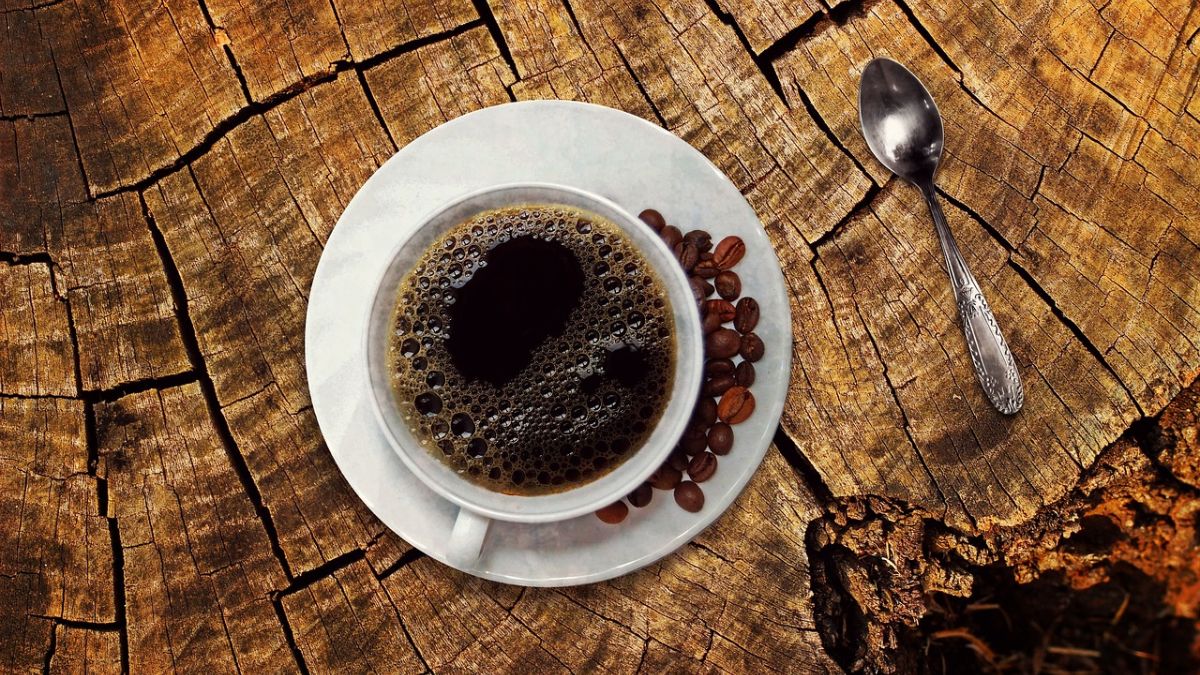)
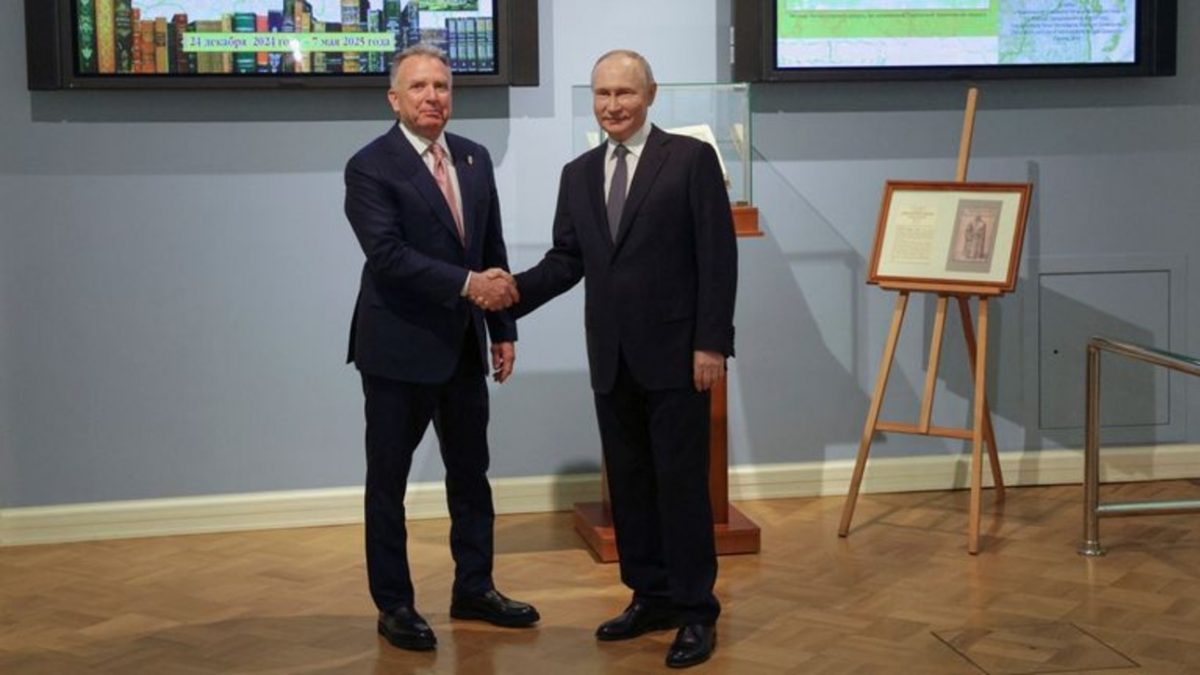)
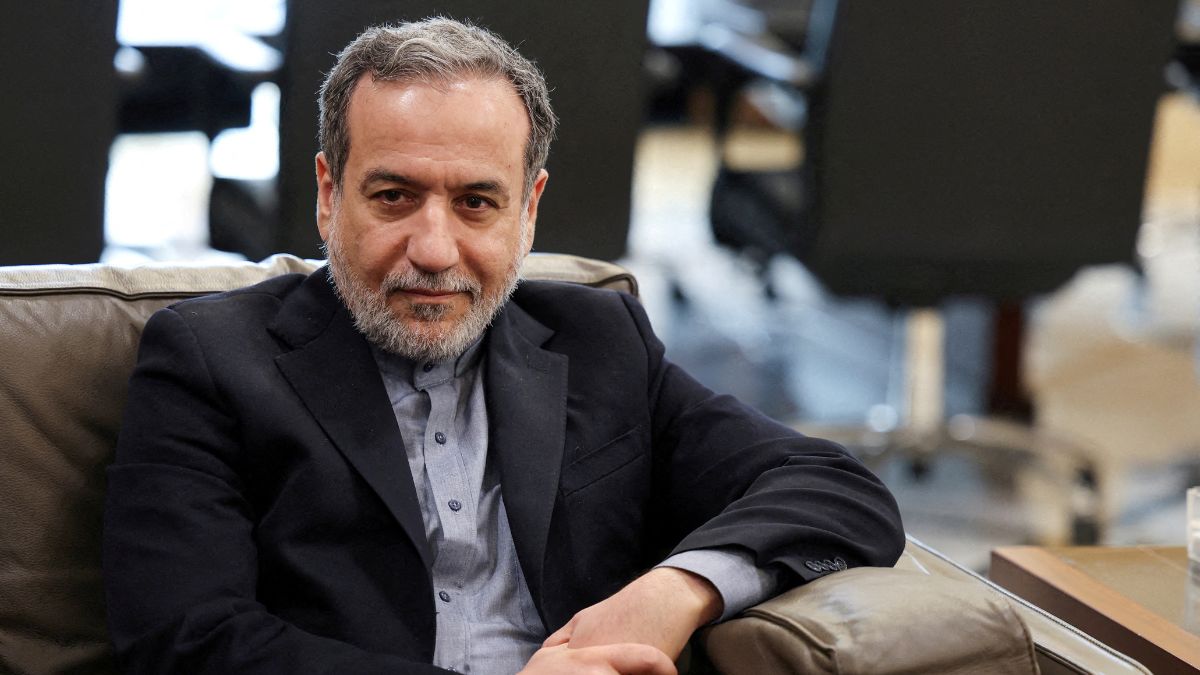)
)
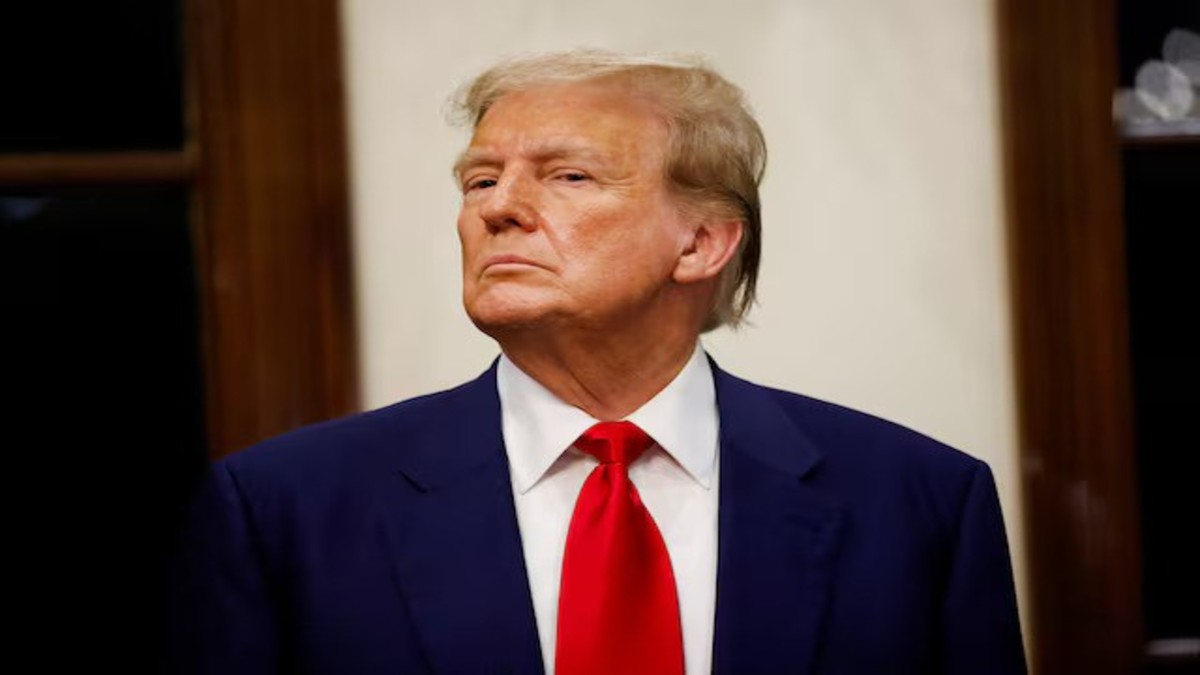)
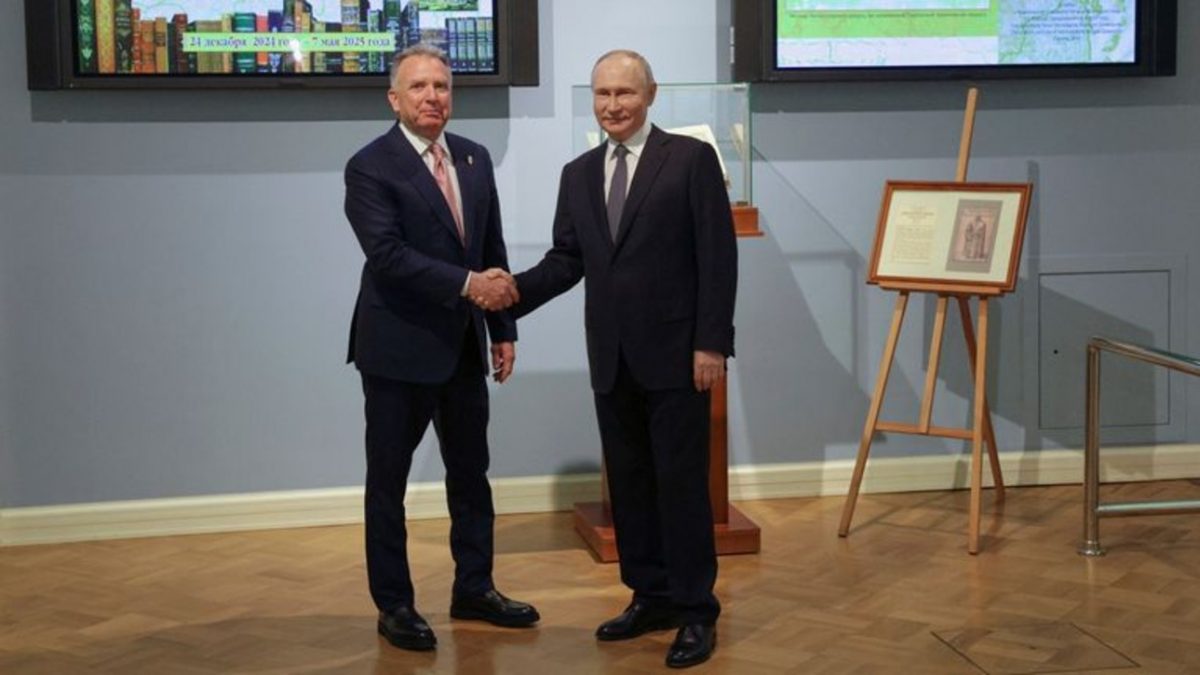)
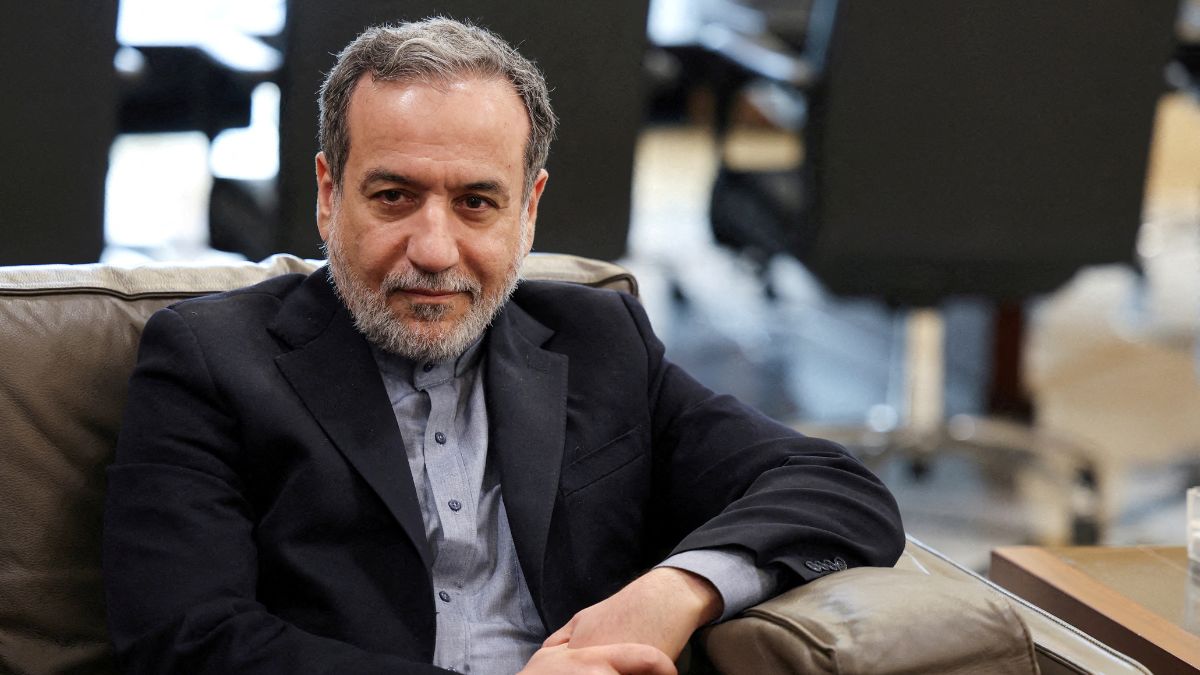)
)
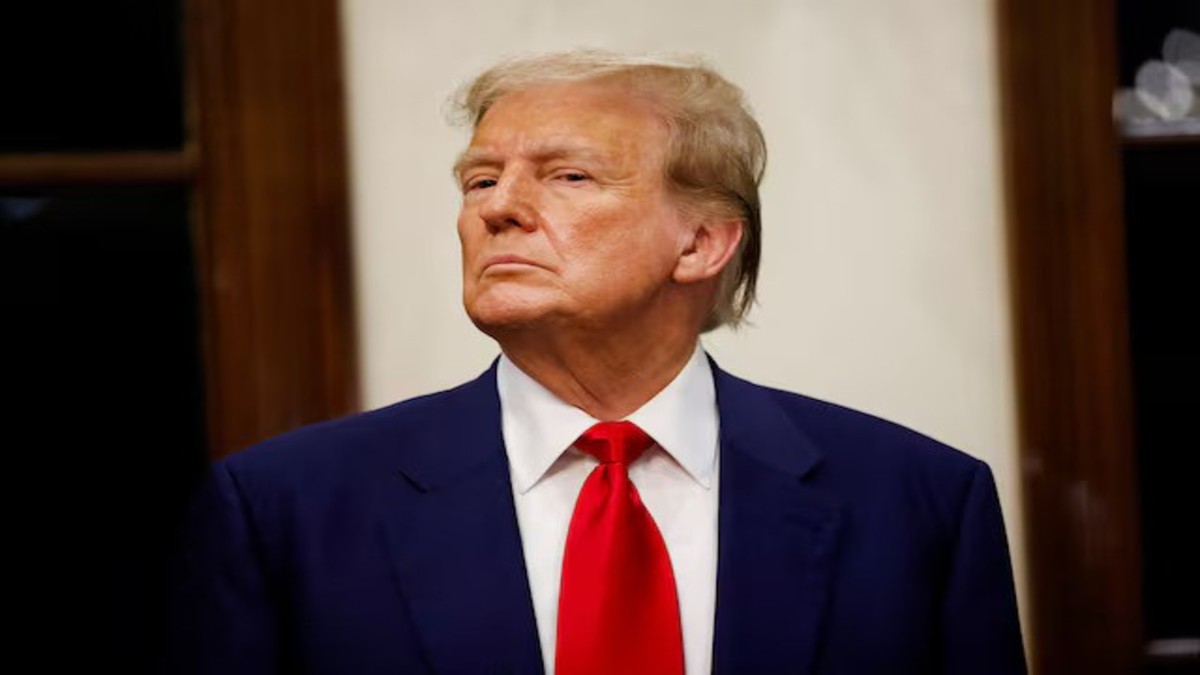)



